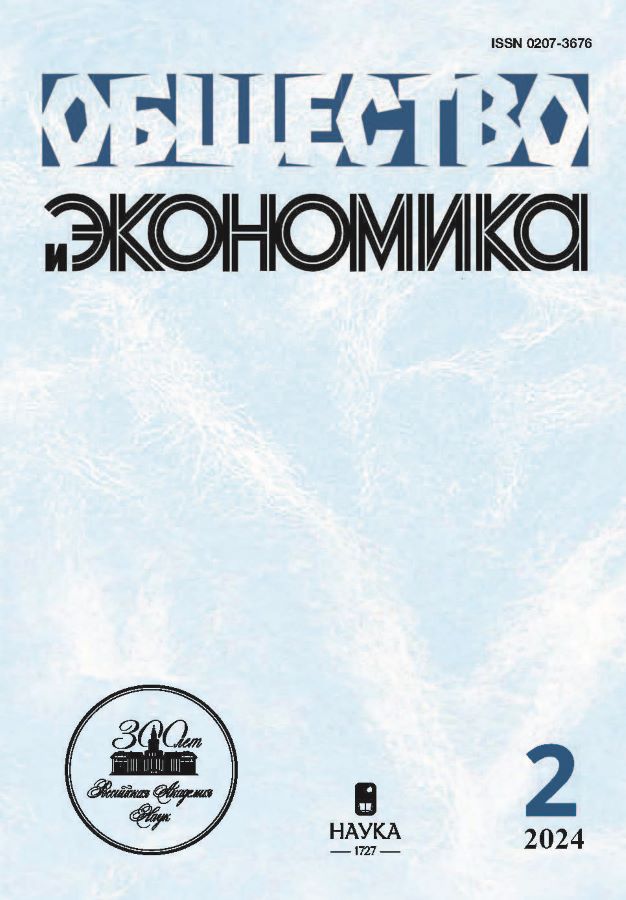Problems of copyright for the products created by artificial intelligence
- 作者: Utkin V.1
-
隶属关系:
- PJSC “Rostelecom”
- 期: 编号 2 (2024)
- 页面: 79-83
- 栏目: SCIENTIFIC RESEARCH AND INNOVATION
- URL: https://freezetech.ru/0207-3676/article/view/673798
- DOI: https://doi.org/10.31857/S0207367624020058
- ID: 673798
如何引用文章
详细
The article discusses current problems of authorship of intellectual products created by artificial intelligence, as well as the concept and legal personality (quasi-subjectivity) of artificial intelligence. The relevant provisions of the Civil Code of the Russian Federation (Articles 1225, 1228, etc.) and the practice of their application are analyzed using general and specific scientific methods – analysis, synthesis, analogy, formal legal, comparative legal methods, interpretation of legal norms, etc. Based on a study of legal literature and current regulations, the author analyzes the concept of legal personality (quasi-subjectivity) of artificial intelligence. It is shown that copyright for the products created by artificial intelligence has not yet been legally regulated. It is concluded that currently such a product does not fall under the criteria defined by Article 1228 of the Civil Code of the Russian Federation, and is not anyone’s intellectual property; thus, it is not subject to legal protection. For the purposes of legal regulation, the author proposes his own definition of authorship in relation to a product of intellectual creativity.
Considering the rapid development of information technologies, the legal personality (quasi-subjectivity) of artificial intelligence needs scientific understanding. In the future, a legal definition of artificial intelligence should be adopted and corresponding copyrights should be regulated.
全文:
作者简介
Valery Utkin
PJSC “Rostelecom”
编辑信件的主要联系方式.
Email: utkin.valeri@yandex.ru
Ph.D. in Law, legal partner of the regional branches, Office of Legal Support of the Central Region
俄罗斯联邦, Tver参考
- Самойлов И.Н. Правовые и этические вопросы развития искусственного интеллекта // ИС. Авторское право и смежные права. 2022. № 12. С. 42–48.
- Шестак В.А., Волеводз А.Г. Современные потребности правового обеспечения искусственного интеллекта: взгляд из России // Всероссийский криминологический журнал. 2019. № 2. С. 198.
- Понкин И.В., Редькина А.И. Искусственный интеллект с точки зрения права // Вестник Российского университета дружбы народов. Сер. «Юридические науки». 2018. Т. 22. № 1. С. 91–109.
- Шахназаров Б.А. Правовое регулирование отношений с использованием искусственного интеллекта // Актуальные проблемы российского права. 2022. № 9. С. 63–72.
- Блинов В.С. Новые технологии – старые проблемы. Искусственный интеллект как субъект права // Право и бизнес. 2022. № 4. С. 3–9.
- Чаннов С.Е. Робот (система искусственного интеллекта) как субъект (квазисубъект) права // Актуальные проблемы российского права. 2022. № 12. С. 94–109.
- Орлова Т.Е. Авторское право на результаты деятельности искусственного интеллекта // ИС. Авторское право и смежные права. 2022. № 11. С. 62–71.
- Ивлиев Г.П., Егорова М.А. Юридическая проблематика правового статуса искусственного интеллекта и продуктов, созданных системами искусственного интеллекта // Журнал российского права. 2022. № 6. С. 32–46.
- Аникин А.С. К вопросу об охраноспособности результатов искусственного интеллекта как объекта интеллектуальной собственности // Цивилист. 2022. № 2. С. 25–31.
- Коданева С.И. Проблемы правового регулирования использования творчества искусственного интеллекта в индустрии моды: опыт Европы // Право и бизнес. 2021. № 3. С. 11–17.
补充文件









